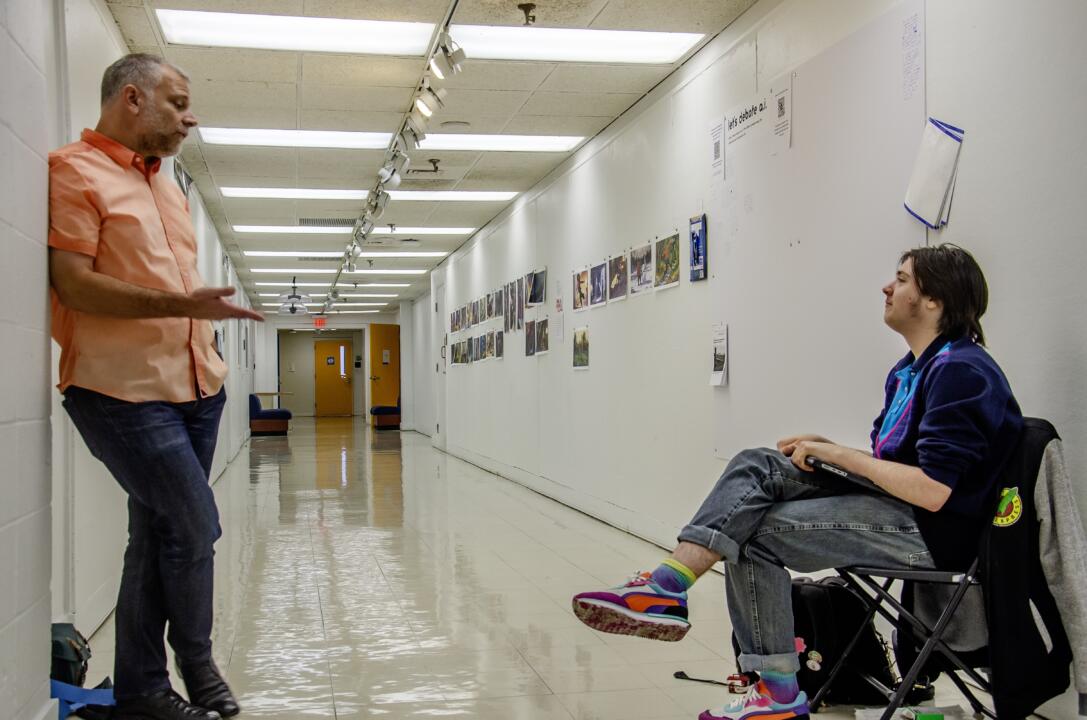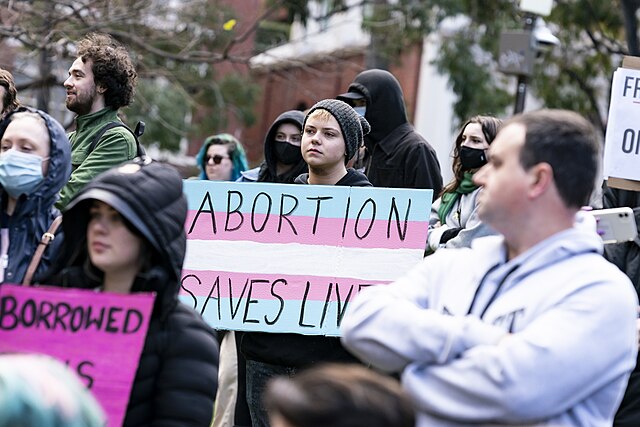Explain your main platform and how you will implement it.
Emily: “I would say the overarching point of our platform is institutional change and how we plan to accomplish long term change would be through our umbrella topics of accountability, sustainability, and inclusivity and empowerment.”
Isabel: “I think, in the past, the SGA has focused on programmatic events because they are easier to plan and are quantifiable. By doing this, they can account for specific events without implementing institutional change. We look at problems and policies. For example, we look at mental health at UMBC and see high rates of depression, anxiety, and reports of stress. We want to look at policies about mental health on campus that fail to support students with these experiences. We see the programmatic approach as the realm of SEB and campus orgs while SGA should support these events, it should also work to advance student goals and respond to student needs.”
Explain why I should vote for your ticket in particular.
Emily: “Our platform speaks for itself in that most students will agree that issues of sexual assault, mental health, and sustainability are important and require attention. Isabel and I value those things, but we also recognize that SGA represents students, right? A unified SGA that is representative of the student body is our approach.”
Isabel: “Students at UMBC have… made it clear that they want people as President/EVP who have the experience, drive, and qualifications to make those changes. Emily and I fulfill all of those tenets. For example, Emily led ProveIt! with a team of 3 people and little support from the SGA. As a result, we now have solar panels on campus and are working on other ambitious projects. She has also led two STRiVE leadership retreats and is a resident assistant.
“I founded a mentorship research program for young Baltimore women who are interested in STEM during my freshman year [REACH]. Now I manage about thirty people and have established partnerships with public schools and corporate sponsors. I was also assistant director of Diversity and Multicultural Affairs within our SGA last year. Obviously, we have demonstrated that we have the ability to follow through on projects.”
How do you plan to campaign?
Emily: “We are doing a very relations-based campaign. People joke that it’s grassroots, which maybe it is! Isabel and I are both introverted and we realize that we are going to have to talk to strangers. However, we started by talking to people who are close to us and asking them to talk to people who are close to them. The following got a lot larger from there, and now we have a team of people ready to engage the campus in this needed conversation about SGA.”
Isabel: “Our primary concern is building real connections to the students we are talking to. Our main concern, if elected, is to have continuous dialogue with students. We want to prove that through our communication strategies in the way we campaign now.”
If you don’t get elected, how do you plan to help improve the campus?
Emily: “I would imagine that we will still find ourselves in roles that support students and student growth. I’m involved in a lab on campus and I might apply to be a TA or something like that. I still love UMBC so I’ll still be here.”
Isabel: “I’m not going to stop directing REACH because it’s my baby. We’ll have 20 high schoolers and 20 mentors next year!”
If you were forced to drop out of the SGA race, what candidate would you support?
Isabel: “I feel like we don’t know enough about the other candidates yet to answer that. So far, they have not released their platforms.” [Editor’s note: campaign interviews were conducted individually over several weeks; other platforms have since been released.]
What do you think is the primary function of our SGA?
Emily: “The primary function of SGA is to serve as a unifying space for students and mobilize our voices.”
What is one policy you would like to enact on campus?
Emily: “There’s so many important things. Maybe this isn’t a policy change, but there could be opt-in mentoring for students to support each other. It could look like a sign up at the beginning of one’s college career, and would be available to every student.”
Isabel: “We’re talking about sexual assault, mental health. Personally, I am very proud of the sexual assault piece of our platform and I’m excited to share it with the student body.”
What is your stance on the recent budget proposed by the Jankoski administration?
Isabel: “By reducing the SGA budget, it decreases the power of the SGA to UMBC’s administration. There’s better ways to decrease student tuition without decreasing SGA’s budget. This issue is a critical part of our platform.”
Emily: “I would like to add that one of the reasons SGA is so powerful and can have such a great impact, and has been so impactful in the past, is partly because of its massive budget. SGA’s $1,000,000 has very strong bargaining power and can accomplish great things if students were given the opportunity to take advantage of it.”
The executive branch has had many “ghost departments” this year, in that they appointed numerous individuals to lead various executive departments without posting an open application. Positions were essentially given to friends. Upon examination, these departments have been unproductive and/or completely stagnant. When it comes to appointing department heads and overseeing the various executive departments, how would you make sure the mistakes made this year don’t happen under your administration in the future?
Isabel: “Let me tell you, man. We would entirely revamp the structure of the executive department under our leadership.
“First, we would take applications and resumes of our potential leaders so we have the best suited on our team. Secondly, we have redesigned the structure entirely so all of the offices are held more accountable. We have shifted from a departmental, bureaucratic structure to an interdisciplinary, initiative-focused structure. And there’s so many things I could say about our structure, but it’s a big revamp. We have a diagram on our site showing this.”
Emily: “There’s currently a senate-led stipend review committee that is in the process of being approved, and we support it.”


